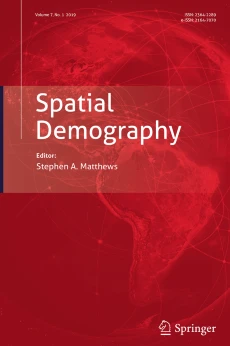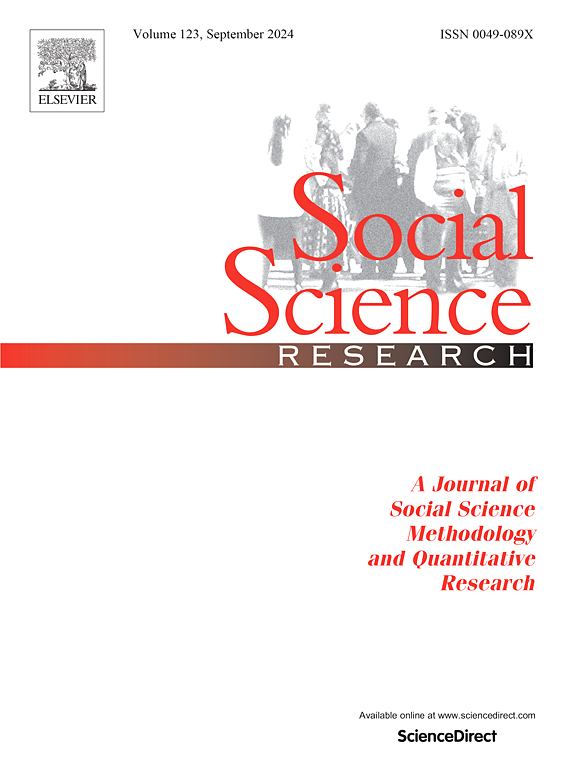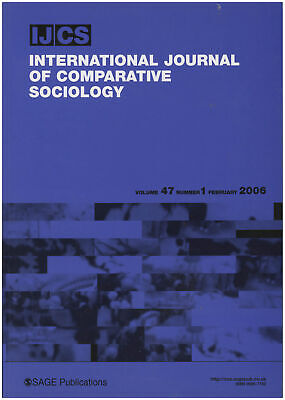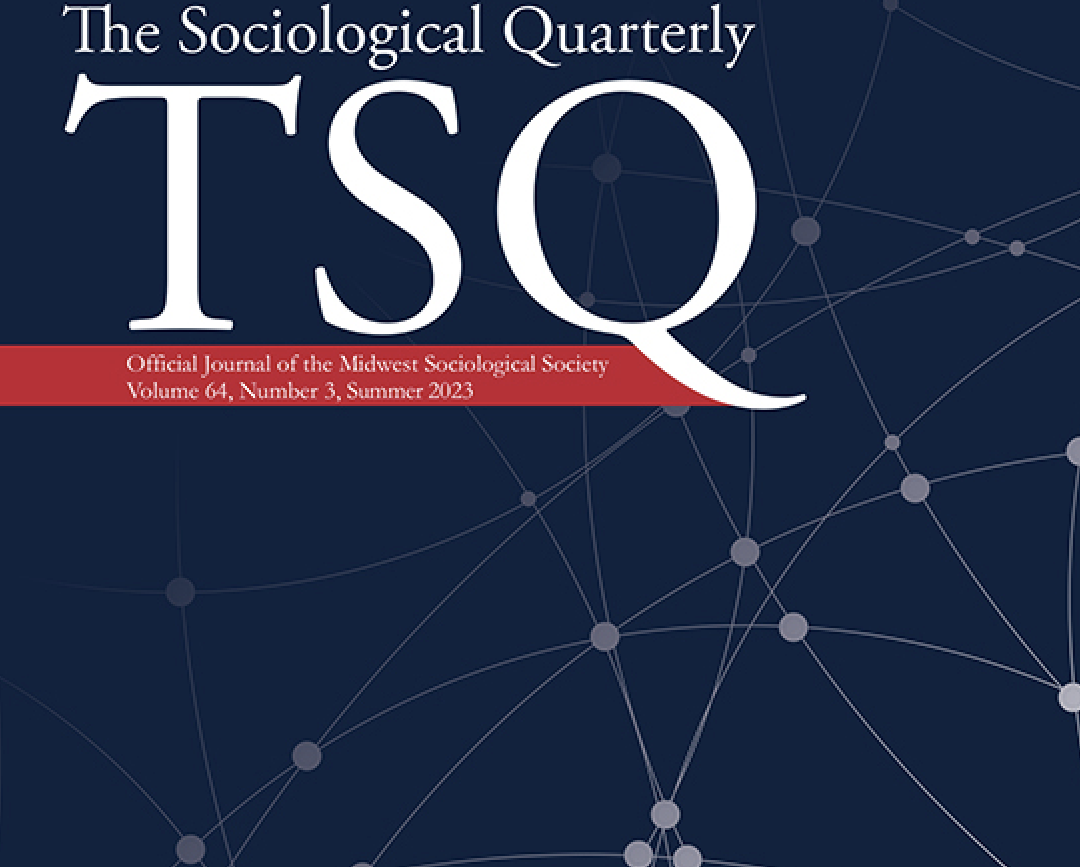The Causal Effect of Gun Violence on Everyday Mobility Patterns Across US Neighborhoods

Gun violence takes an enormous toll on neighborhoods and their residents in important ways. While research has identified that violence makes neighborhoods less appealing and livable, few studies have fully quantified the effect of violence on neighborhoods’ vitality and dynamism. In this study, we introduce the notion of ‘neighborhood activity,’ which we measure by the unique number of everyday visitors those neighborhoods receive from residents of other neighborhoods. Drawing on a large geographically-coded dataset of 30,000 gun violence […]
Working-class structural power, associational power, and income inequality

Journal of Industrial Relations Under capitalism, workers have two sources of power: associational and structural. A vast body of social science research shows that workers’ power—often measured by union density—is associated with lower levels of income inequality. Drawing on a country-level, panel dataset for much of the post-World War II era (1960–2013), the author introduces a model of distributive outcomes that centers on the dual sources of workers’ associational and structural power. By differentiating the […]
Intergenerational income mobility in the United States: A racial-spatial account

The study of intergenerational income mobility has witnessed more visibility in academic and public policy circles in light of the new estimates generated by Chetty and colleagues. The distribution of race-based estimates of intergenerational income mobility demonstrates strong spatial patterning, such that the success of a child’s traversal to the top income quintile in the United States is spatially conditioned and dependent on locality. However, research drawing on the new estimates of intergenerational income mobility […]
Varieties of capitalism and income inequality

Why do countries diverge significantly in the levels of income inequality across the Global North? Most scholars believe that the answer lies in the ways that economic resources are organized through institutions. Drawing on a country-level, longitudinal dataset from 1985 to 2016 matched with three other data sources, the author explains how and to what extent institutions matter for income inequality across the “varieties of capitalism.” To sort countries based on their institutional similarities, the […]
Mobilizing Equal Employment Rights: The Social and Political Determinants of Discrimination Complaints

This article explores the regional and national determinants of workplace discrimination complaints across the US states from 2009–2018. Drawing on the EEOC charge data supplemented with a number of additional data sources, the authors examine the extent to which socioeconomic, demographic, and political environments explain variation in the rate of total, race, and sex-based employment discrimination charges. Building on the neoinstitutional and power resource theories, the authors examine the role of social-structural factors as important […]